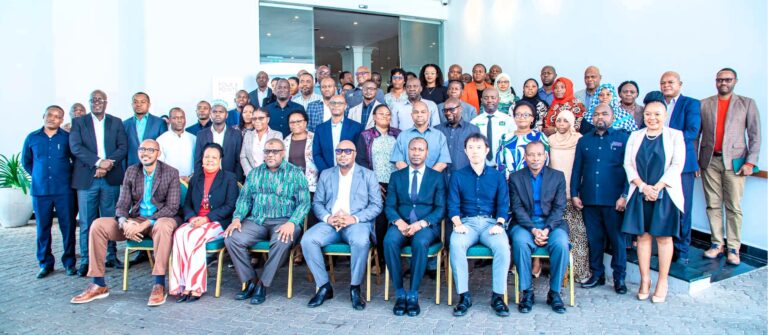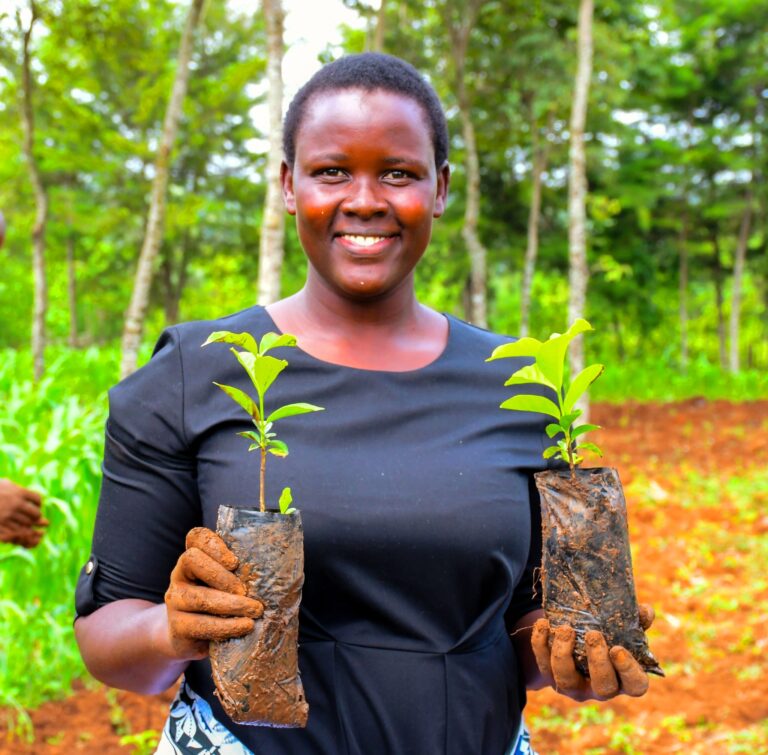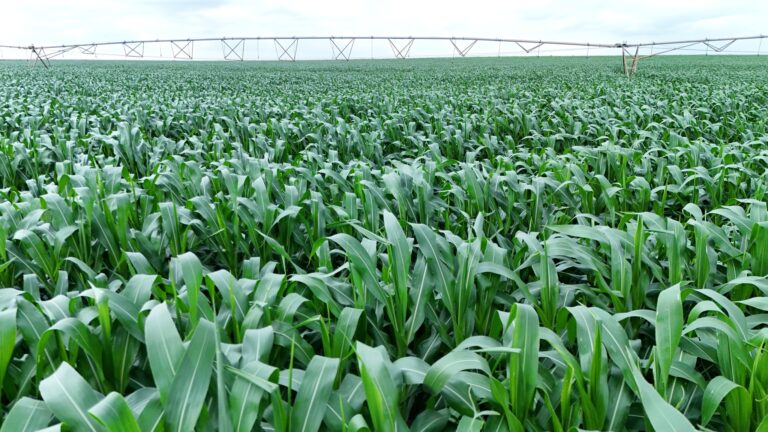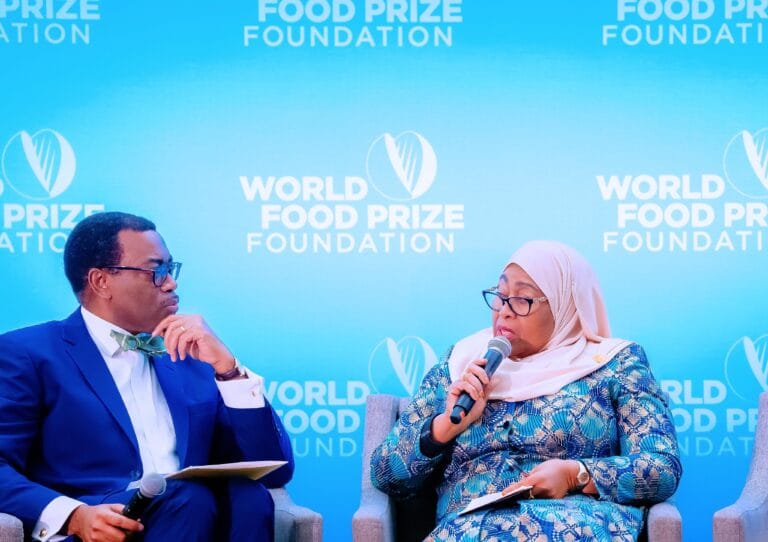Tanzania Deputy Prime Minister and Minister of Energy, Dr. Doto Biteko, has applauded Tanzanian farmers for their role in ensuring food security and bolstering the national economy through increased agricultural output.
Speaking during the closing of the World Cooperative Day Summit in Dodoma, Dr. Biteko highlighted the critical role agriculture plays in the country’s development, noting its substantial contribution to the Gross Domestic Product (GDP).
“Today, the agricultural sector has a major contribution to our country’s economy, we are talking about a 26 per cent GDP contribution, we are talking about crops that provide us with food security in our country,” said Dr. Biteko. “Other countries are struggling to get food, our people have the assurance of getting food on the streets because farmers have been enabled to do agricultural business.”
Dr. Biteko further pointed to improved performance within the cooperative sector, attributing the gains to increased exports and better financial governance. He cited that during the 2024/2025 financial year, 1,084 cooperatives exported coffee and tobacco directly to international markets, generating a total of US$344.8 million, an increase from US$325.5 million recorded in 2023/2024, marking a rise of US$19.3 million.
On governance, Dr. Biteko noted a significant improvement in the number of cooperatives receiving clean audit reports. According to data from the Cooperative Associations Auditing Organization (COASCO), clean audit certificates rose from 339 associations in 2021/2022 to 631 in 2023/2024, an increase of 292 associations, equivalent to 86.13 per cent growth.
Conversely, the number of cooperatives receiving unsatisfactory audit certificates dropped sharply from 1,198 in 2021/2022 to 263 in 2023/2024, reflecting a 78 per cent decrease.
Dr. Biteko also urged cooperatives to enhance gender inclusivity by empowering women and working to increase the number of Women’s Cooperative Associations, which currently stands at 50.
Despite the achievements, Dr. Biteko emphasized the need for continued reforms to address challenges affecting farmers. He directed the Ministries of Finance and Agriculture to find lasting solutions related to the pricing of agricultural produce, access to farming inputs, and the provision of essential services to farmers.











